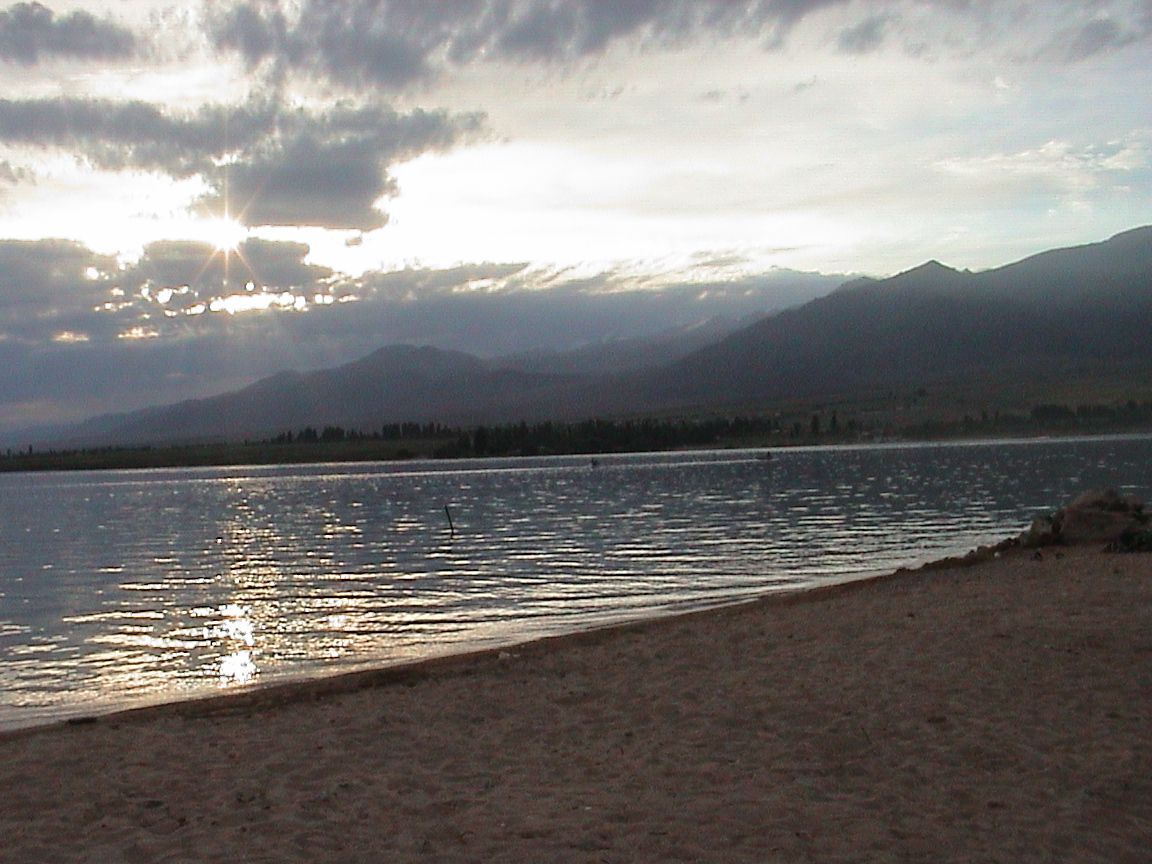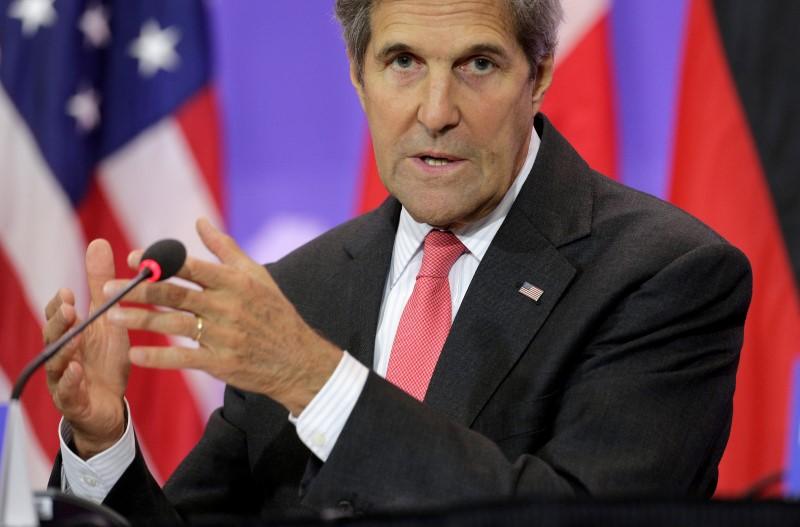21.07.2016
EurActiv
Faced with many challenges, from migration to terrorism, the EU and its Mediterranean partners must cooperate with pragmatism and variable geometry, the Secretary General of the Union for the Mediterranean, Fathallah Sijilmassi, said.
“You can see today that there is no single challenge that does not have a regional dimension. Many of the economic and social challenges in the Mediterranean region are directly linked to a low level of regional integration,” Sijilmassi told a small group of journalists at the MedCOP Climateconference, held in Tangier on 18-19 July.
Unknown by some and disregarded by others, the Union for the Mediterranean was launched in 2008 in Paris under former French President Nicolas Sarkozy, who conceived it as a way of bridging the North-South divide. The inter-governmental forum brings together 43 member nations, comprising the 28 EU member states and 15 Southern and Eastern Mediterranean countries.
In line with the revised European Neighbourhood Policy, the Mediterranean is likely to be given greater consideration, especially after the failed coup in Turkey.
Issues are sometimes so complex that they need to be tackled at a sub-regional level. A small number of regions, or local communities, can work together in the spirit of forging ways to adapt to change, insisted Sijilmassi.
Cultural intelligence
Since 2012, when the EU took over the co-presidency of the UfM with Jordan, it has held eight sectorial ministerial conferences, 12 high-level conferences, and 20 senior official meetings with representatives from the 43 members, 120 experts, and roundtables gathering over 10,000 stakeholders.
But much of this work has passed under the radar, leaving the impression that Union for the Mediterranean is just another talking shop. Not quite. Bridging the cultural divide has to be taken seriously, said Sijilmassi.
“The cultural differences have an impact on the many crises in the region,” he insisted, pointing to the refugee crisis, migration, and terrorism.
“There is no security without development,” the UfM secretary general insisted.
Sijilmassi, a Moroccan diplomat, and politician, stressed the need to have a positive agenda to offset the negatives grabbing the headlines.
For example, migration can be solved if micro-projects help communities at risk boost economic development so that people do not feel that their only alternative is to leave their home country.
The same is true of climate change. When it comes to finding the proper responses to adaptation and mitigation, governance has to become more pragmatic and include business, civil society, and local authorities, so that all can make a constructive contribution, Sijilmassi said.
Positive agenda
Empowering women to start their own businesses, make sure young people have the right qualifications to find a job, and addressing water scarcity in desert areas will, in the long run, reduce migration and the displacement of people, the Moroccan diplomat added.
The UfM has so far launched over 45 regional projects worth over €5 billion, ranging from higher education and research, business development, to water, and the environment.
All are ‘variable geometry’ projects. They bring together countries, regions, stakeholders and authorities that, with creative thinking, can find ways to improve living standards in areas at risk.
One example is the desalination facility built for the Gaza Strip, to provide more than 1.8 million Palestinians with fresh water for domestic consumption. With a budget of €310 million, the project, financed by the European Investment Bank, the European Commission and the Islamic Development bank among others, is supposed to benefit the people of Gaza, but also neighboring countries, and more generally the Eastern Mediterranean region.
Take the Euro-Mediterranean University of Fes, in Morocco, which aims to increase employability and business incubation through the stimulation of research, innovation and technology transfer. Set up by the Moroccan government with the help of private companies such as Total and Credit Agricole, as well as academic partners, the project is supposed to land a total of roughly €82 million for the period 2014-2030.
Mediterranean governance
These might seem like a drop in the ocean, but they are the start of a different way of thinking, not relying exclusively on public authorities, but on all concerned actors to work together for a more coherent response to the situation in the Middle East and North Africa.
The success of this ‘technical’ and pragmatic approach could evolve over time in giving the Union for the Meditteranean a greater political role, some observers concur.
No one would disagree at UfM that the Mediterranean is complex in its diversity, and politically challenging. However, the creation of a more integrated market and a common agenda can pave the way to more peace in the region, they say.
“I sometimes feel we are either over enthusiastic and emotional, or pessimistic when we deal with Mediterranean issues. We miss the regular hard work,” Sijilmassi concluded.
The Union for the Mediterranean is expected to adopt a roadmap in November, at the second Annual Conference of Ministers of Foreign Affairs, from all 43 UfM member states. The strategic document will provide the framework for the work of the Union in the future.
http://www.euractiv.com/section/med-south/news/variable-geometry-to-bind-eu-and-mediterranean-countries/
No comments yet.
-
 KYRGYZSTAN TO HOLD ISSYK-KUL ECONOMIC FORUM
Asia - Pacific
21.07.2016
KYRGYZSTAN TO HOLD ISSYK-KUL ECONOMIC FORUM
Asia - Pacific
21.07.2016
-
 KERRY WARNS OF NEW CHALLENGE IN SECURING IRAQ AFTER ISLAMIC STATE
Iraq
21.07.2016
KERRY WARNS OF NEW CHALLENGE IN SECURING IRAQ AFTER ISLAMIC STATE
Iraq
21.07.2016
- CROATIAN FM SAYS SERBIA COULD FACE "SEVERE SANCTIONS" The Balkans 21.07.2016
- ‘VARIABLE GEOMETRY’ TO BIND EU AND MEDITERRANEAN COUNTRIES Europe - EU 21.07.2016
- BULGARIA’S FOREIGN MINISTER TO DISCUSS DEFENCE, SECURITY, ENERGY ON U.S. VISIT The Balkans 21.07.2016
-
25.01.2016
THE ARMENIAN QUESTION - BASIC KNOWLEDGE AND DOCUMENTATION -
12.06.2024
THE TRUTH WILL OUT -
27.03.2023
RADİKAL ERMENİ UNSURLARCA GERÇEKLEŞTİRİLEN MEZALİMLER VE VANDALİZM -
17.03.2023
PATRIOTISM PERVERTED -
23.02.2023
MEN ARE LIKE THAT -
03.02.2023
BAKÜ-TİFLİS-CEYHAN BORU HATTININ YAŞANAN TARİHİ -
16.12.2022
INTERNATIONAL SCHOLARS ON THE EVENTS OF 1915 -
07.12.2022
FAKE PHOTOS AND THE ARMENIAN PROPAGANDA -
07.12.2022
ERMENİ PROPAGANDASI VE SAHTE RESİMLER -
01.01.2022
A Letter From Japan - Strategically Mum: The Silence of the Armenians -
01.01.2022
Japonya'dan Bir Mektup - Stratejik Suskunluk: Ermenilerin Sessizliği -
03.06.2020
Anastas Mikoyan: Confessions of an Armenian Bolshevik -
08.04.2020
Sovyet Sonrası Ukrayna’da Devlet, Toplum ve Siyaset - Değişen Dinamikler, Dönüşen Kimlikler -
12.06.2018
Ermeni Sorunuyla İlgili İngiliz Belgeleri (1912-1923) - British Documents on Armenian Question (1912-1923) -
02.12.2016
Turkish-Russian Academics: A Historical Study on the Caucasus -
01.07.2016
Gürcistan'daki Müslüman Topluluklar: Azınlık Hakları, Kimlik, Siyaset -
10.03.2016
Armenian Diaspora: Diaspora, State and the Imagination of the Republic of Armenia -
24.01.2016
ERMENİ SORUNU - TEMEL BİLGİ VE BELGELER (2. BASKI)
-
AVİM Conference Hall 24.01.2023
CONFERENCE TITLED “HUNGARY’S PERSPECTIVES ON THE TURKIC WORLD"









